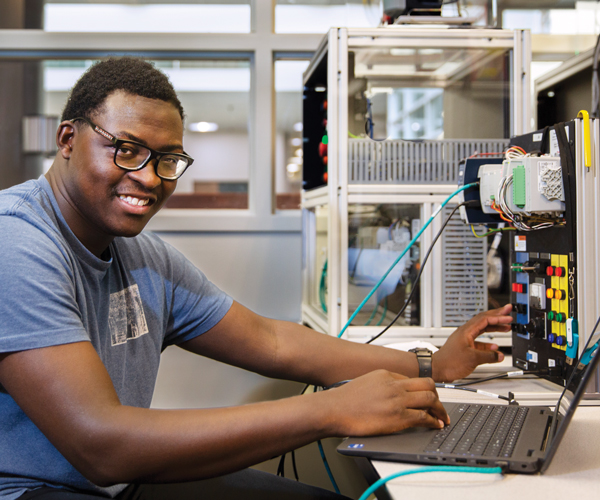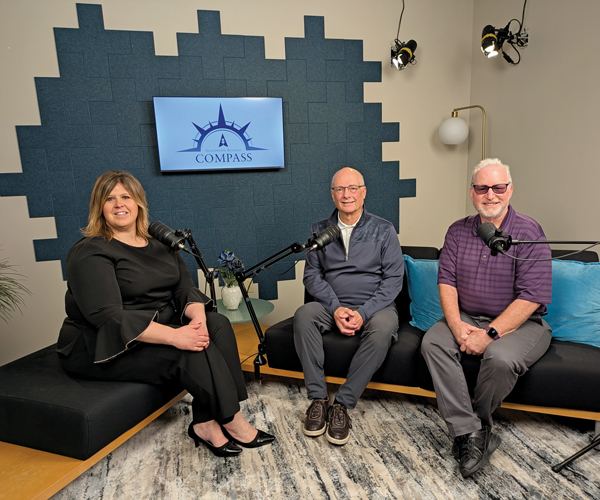Four local nonprofit senior living organizations have joined forces to pilot a new artificial intelligence (AI) software program to help them more successfully identify and retain new hires. McGregor Senior Living, along with Eliza Jennings, Judson Services and Jennings, are collaborating with Baltimore, MD, based software company, Arena Analytics, to better predict where a job candidate is most likely to thrive.
The new software enables the four nonprofits to maximize and share their pool of potential hires. For example, the program may predict that someone who applied for a position at McGregor may, in fact, be a more likely fit for a position with one of the other three collaborating organizations — perhaps a job opening the candidate was not even aware of.
Ann Conn, president and CEO of McGregor, compares the process to
candidates meeting in a virtual “central lobby.” When they apply for a role, they are also provided other opportunities within a “senior living hallway” that are good matches for them. Candidates could potentially be hired at a different organization within the collaborative.
“This helps get the candidate to the right fit at the right organization,” says Conn. “One common barrier we frequently find is transportation, and there could be a job closer to where the candidate lives that they did not know about.”
Conn explains that in today’s hiring, there is no sorting function to consider candidates for different positions or to recommend them for a job they did not apply for. This new AI software is designed to look beyond traditional metrics to find the best fit. Candidates take a unique assessment that is not based on traditional skills like education and work experience. Rather, it evaluates what the candidate enjoys doing. Skills can be learned. But identifying key characteristics is a better determinant of matching with the right job.
It starts with a three- to five-minute survey. Questions might assess how many phone calls a person makes outside of work each day or if they consider themselves a “morning person.” It also evaluates how they feel about challenging situations or customer service environments.
Conn reports that the early results are promising.
“Through the first 90 days, we are seeing very positive outcomes and an increase in retention of more than 50%,” she says. “If we are successful, the number of new people we will need to hire will go down and retention will go up.”
While the new technology is an effective screening tool, Conn and her staff still make the final hiring decisions.
“We still do the interviews, still make the job offers and still conduct the training,” she says. “What improves is who is coming in for interviews.”
The program is funded through $100,000 in grants from the Deaconess Foundation, Cuyahoga County Workforce Funders Group and the McGregor Foundation. The four collaborating nonprofits contribute to the cost, as well.
Conn hopes to see a significant shift in McGregor’s human resources dollars.
“Instead of spending resources on turnover, we can use them to support education and employee development,” she says.




